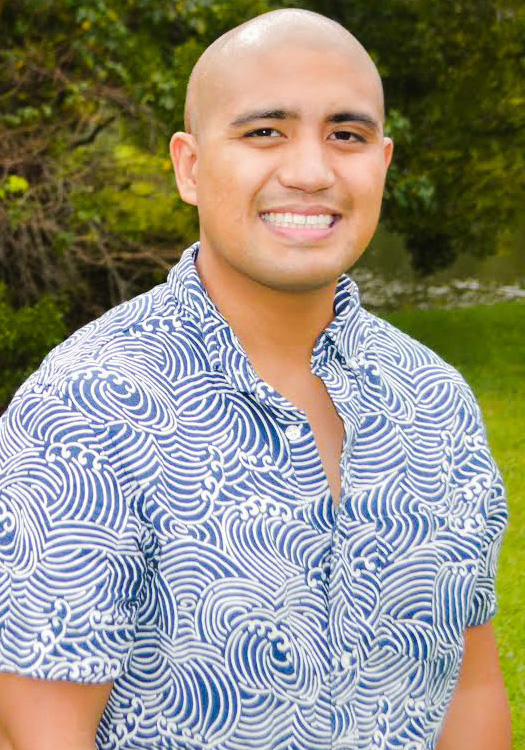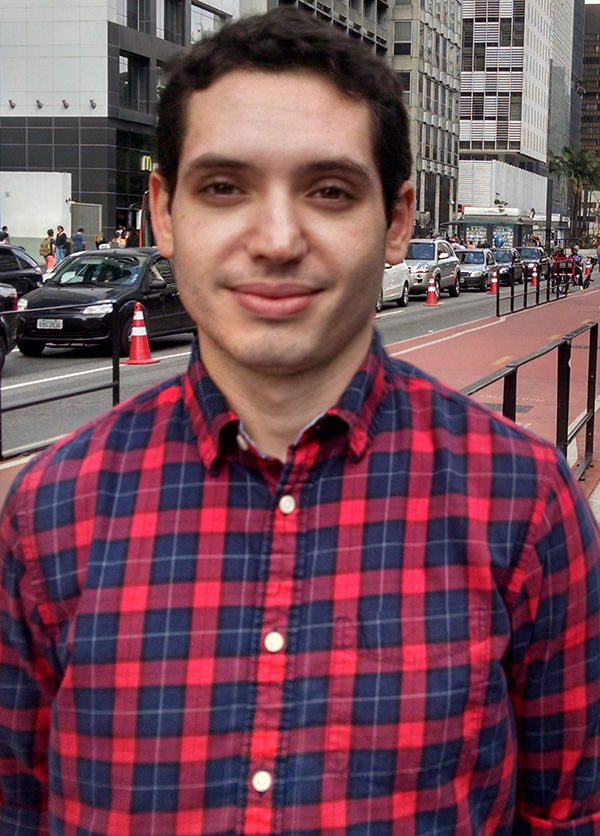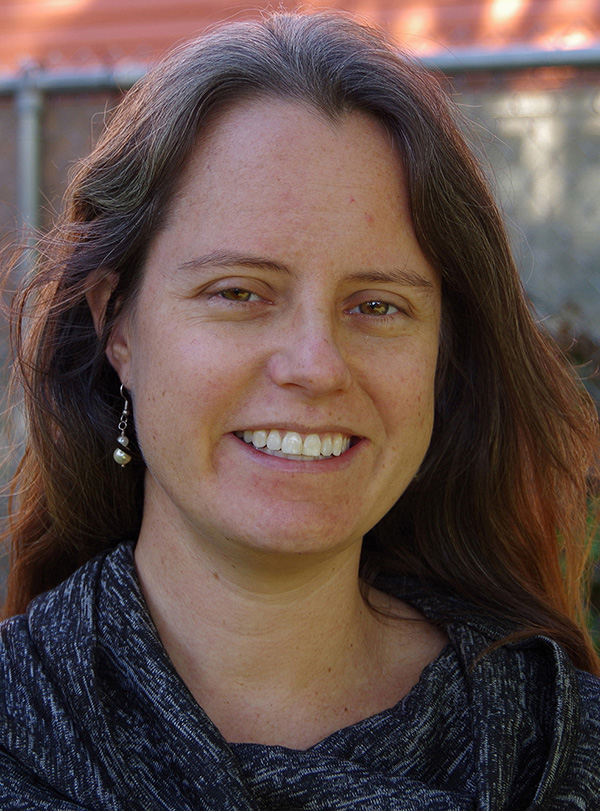3 grad students win Fulbright-Hays fellowships



Three Cornell University graduate students have received Fulbright-Hays Doctoral Dissertation Research Abroad fellowships from the U.S. Department of Education to support their international research.
Ryan Buyco, 28, of Stockton, California, will travel to the Philippines to conduct oral-history interviews with immigrants from Okinawa, Japan, and their descendants. Indigenous Okinawans left Japan in large numbers during the last century and settled in the Philippines, Hawaii, California and elsewhere. Buyco will also conduct research in Okinawa.
“In the United States, the dominant narrative about Okinawa relates to the U.S. military bases and the local responses to them,” said Buyco, a fourth-year doctoral candidate in the field of Asian studies. “I want to focus instead on the stories that Okinawans abroad tell about themselves, and what those stories say about Okinawa’s long history of migration.”
David De Micheli, 27, of Montrose, New York, will conduct his research in Brazil. A fourth-year doctoral candidate in the field of government, De Micheli is interested in the ways in which Brazilians’ attitudes toward racial identity are changing, and what that means for political behavior.
His work asks: How do individuals develop a consciousness of their social identity, and how does that find political expression? He hopes to produce a book based on his findings.
Katie Rainwater, 33, of Charlotte, North Carolina, will spend much of next year in Thailand studying the shrimp industry. Rainwater is a fifth-year doctoral student in the field of development sociology. She previously spent nine months examining the shrimp industry in Bangladesh.
“I’m looking at the shrimp industry as a lens for understanding the lives of workers in export food commodity industries,” Rainwater said. “It’s not like working in other export industries, like garments or electronics.”
The highly competitive fellowships cover travel, living costs, health insurance and other research-related expenses for six to 12 months. Spouses and children are also supported.
The U.S. Department of Education launched the program in 1961 in response to the shortage of Americans who were knowledgeable about countries that were politically, economically and militarily important to the United States.
“Fulbright-Hays fellows have become a very important resource for the country,” said Gil Levine, professor emeritus of biological and environmental engineering, who serves as Cornell’s Fulbright adviser for the Mario Einaudi Center for International Studies, which coordinates the awards for Cornell students.
Cornell is traditionally among the national leaders in placing Fulbright-Hays fellows, Levine said.
Media Contact
Get Cornell news delivered right to your inbox.
Subscribe